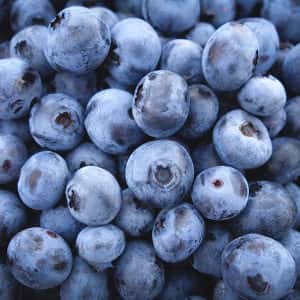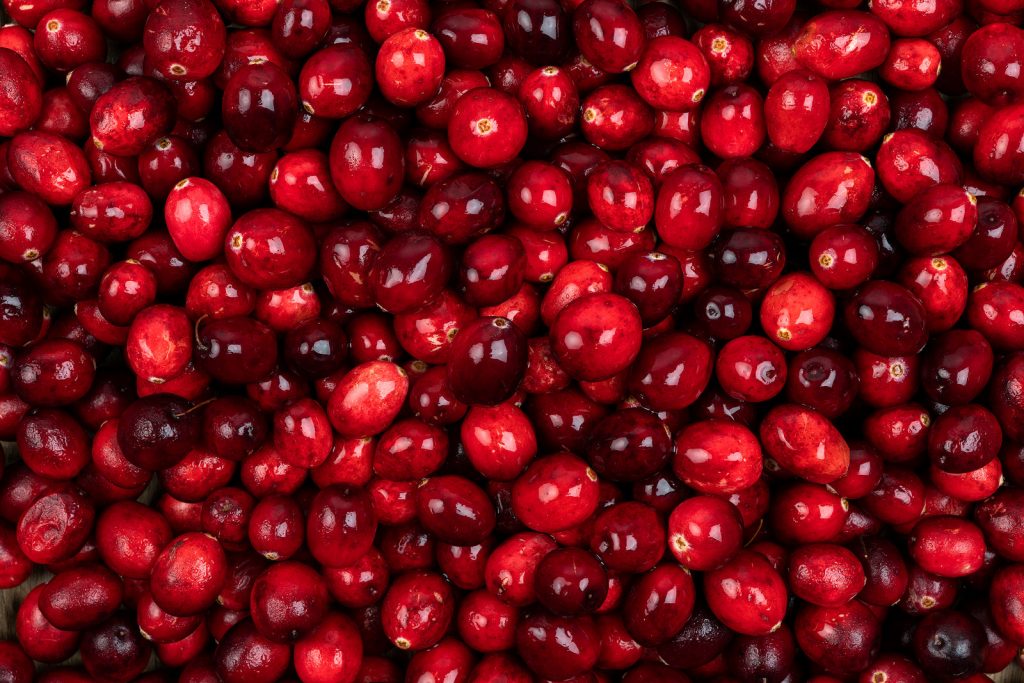
Blueberries show promise for the brain as well as the heart. But they aren’t the only berries that may offer older people a hedge against cognitive impairment. A recent study suggests that cranberries may also be helpful. Both types of berries contain blue and red pigments that act as antioxidants (Antioxidants, May 2020).
Blueberries May Fight Cognitive Impairment:
Scientists have conducted a number of trials to see whether eating blueberries or blueberry extract can help older people delay cognitive decline. Here are just a few reports.
The First Study:
Researchers at the University of Cincinnati recruited 47 older adults with mild cognitive impairment. This makes them highly vulnerable to developing Alzheimer’s disease later on.
These volunteers were randomized to receive either powdered blueberries (equivalent to one cup of fresh berries) or a look-alike placebo powder. The volunteers consumed the powder every day for four months.
Cognitive tests showed improvement and functional magnetic resonance imaging showed increased brain activity for those receiving powdered blueberries.
The Second Study:
A second trial involved nearly 100 older adults who believed they were losing their mental edge, even though their performance on cognitive tests did not reveal pathology. These subjects were randomized to receive powdered blueberries, placebo powder, fish oil, or fish oil plus powder. Although there was some improvement, it wasn’t as dramatic as that among the individuals with mild cognitive impairment.
Lab Rats Benefit from Blueberries:
Prior research with laboratory animals has shown benefit from blueberries for improving memory (Journals of Gerontology Series A: Biological Sciences and Medical Sciences, June 2019). Perhaps blueberries could be a delicious way for older people with some cognitive impairment to reduce their risk of dementia.
Cranberries to Ward Off Cognitive Impairment:
Like blueberries, cranberries are loaded with anthocyanidins and proanthocyanidins. Might these plant pigments help people avoid cognitive impairment? A study suggests that older people can protect their brains if they consume cranberries (Frontiers in Nutrition, May 19, 2022).
The researchers recruited 60 healthy people between 50 and 80 years old for a three-month-long placebo-controlled trial. All the volunteers took extensive cognitive tests at the beginning and end of the study. In addition, the scientists got images of their brains and did biochemical analyses of their blood.
Those in the study group consumed freeze-dried cranberry powder equivalent to a cup of fresh cranberries daily. By the end of the study, they had higher blood levels of polyphenols and significantly lower levels of LDL cholesterol. Volunteers consuming the placebo powder did not show any change in these markers. The investigators took care to match the placebo to the cranberry powder with respect to taste, color and sugar content.
Visual Memory Improvements:
In addition, participants getting cranberry powder performed significantly better on tests of visual memory. Their brain images showed better blood flow to related brain regions, specifically the nucleus accumbens, the caudate and the right entorhinal cortex. They did not show notable improvements in other cognitive tests, however. With such a short-term study, the scientists do not know if consuming cranberries will help people avoid cognitive impairment.
They note that
“Treatments that can target and slow down these processes [resulting in decreased neural plasticity] would be valuable in counteracting brain ageing and cognitive decline.”
Citations
- Tena N et al, "State of the art of anthocyanins: Antioxidant activity, sources, bioavailability, and therapeutic effect in human health." Antioxidants, May 2020. doi: 10.3390/antiox9050451
- Shukitt-Hale B et al, "Blueberries improve neuroinflammation and cognition differentially depending on individual cognitive baseline status." Journals of Gerontology Series A: Biological Sciences and Medical Sciences, June 2019. doi: 10.1093/gerona/glz048
- Flanagan E et al, "Chronic consumption of cranberries (Vaccinium macrocarpon) for 12 weeks improves episodic memory and regional brain perfusion in healthy older adults: A randomised, placebo-controlled, parallel-groups feasibility study." Frontiers in Nutrition, May 19, 2022. https://doi.org/10.3389/fnut.2022.849902


